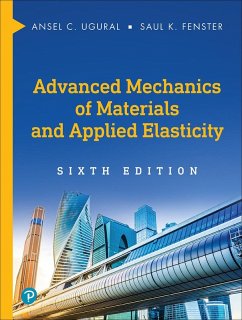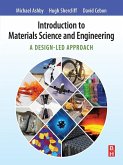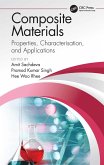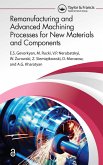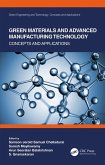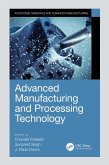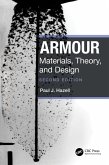The Leading Practical Guide to Stress Analysis-Updated with State-of-the-Art Methods, Applications, and Problems This widely acclaimed exploration of real-world stress analysis reflects advanced methods and applications used in today's mechanical, civil, marine, aeronautical engineering, and engineering mechanics/science environments. Practical and systematic, Advanced Mechanics of Materials and Applied Elasticity, Sixth Edition, has been updated with many new examples, figures, problems, MATLAB solutions, tables, and charts.
The revised edition balances discussions of advanced solid mechanics, elasticity theory, classical analysis, and computer-oriented approaches that facilitate solutions when problems resist conventional analysis. It illustrates applications with case studies, worked examples, and problems drawn from modern applications, preparing readers for both advanced study and practice.
Readers will find updated coverage of analysis and design principles, fatigue criteria, fracture mechanics, compound cylinders, rotating disks, 3-D Mohr's circles, energy and variational methods, buckling of various columns, common shell types, inelastic materials behavior, and more. The text addresses the use of new materials in bridges, buildings, automobiles, submarines, ships, aircraft, and spacecraft. It offers significantly expanded coverage of stress concentration factors and contact stress developments. This book aims to help the reader
- Review fundamentals of statics, solids mechanics, stress, and modes of load transmission
- Master analysis and design principles through hands-on practice to illustrate their connections
- Understand plane stress, stress transformations, deformations, and strains
- Analyze a body's load-carrying capacity based on strength, stiffness, and stability
- Learn and apply the theory of elasticity
- Explore failure criteria and material behavior under diverse conditions, and predict component deformation or buckling
- Solve problems related to beam bending, torsion of noncircular bars, and axisymmetrically loaded components, plates, or shells
- Use the numerical finite element method to economically solve complex problems
- Characterize the plastic behavior of materials
Dieser Download kann aus rechtlichen Gründen nur mit Rechnungsadresse in A, B, BG, CY, CZ, D, DK, EW, E, FIN, F, GR, HR, H, IRL, I, LT, L, LR, M, NL, PL, P, R, S, SLO, SK ausgeliefert werden.
Es gelten unsere Allgemeinen Geschäftsbedingungen: www.buecher.de/agb
Impressum
www.buecher.de ist ein Internetauftritt der buecher.de internetstores GmbH
Geschäftsführung: Monica Sawhney | Roland Kölbl | Günter Hilger
Sitz der Gesellschaft: Batheyer Straße 115 - 117, 58099 Hagen
Postanschrift: Bürgermeister-Wegele-Str. 12, 86167 Augsburg
Amtsgericht Hagen HRB 13257
Steuernummer: 321/5800/1497
USt-IdNr: DE450055826
Bitte wählen Sie Ihr Anliegen aus.
Rechnungen
Retourenschein anfordern
Bestellstatus
Storno

